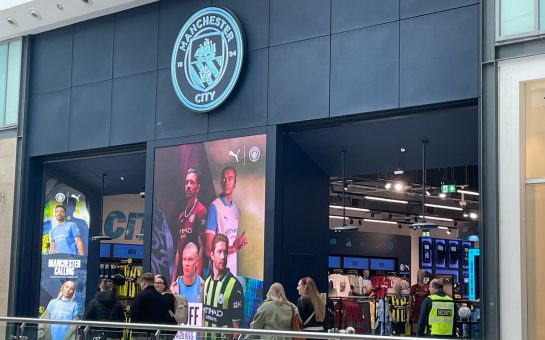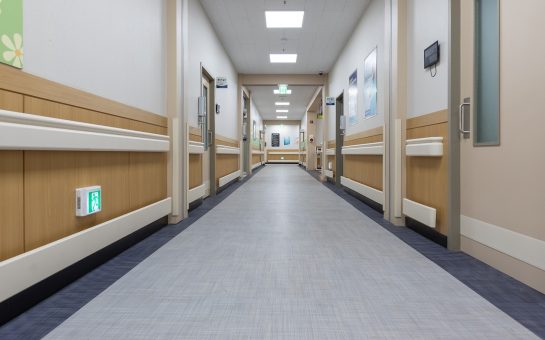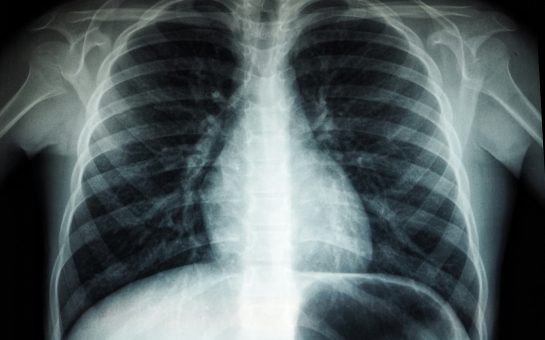Manchester Police Chief Constable Peter Fahy has addressed the concerns of the Chief inspector Hanson, who claimed the city was ‘too dangerous’ after midnight.
In his blog, Fahy spoke out against ‘drunks and the over boisterous’ who terrorise the city after nightfall and reveals that the hours between 6-7am are GMP’s busiest as revellers leave clubs.
The Chief Constable also points the finger at cheap alcohol and claims that money from the alcohol industry should pay for front-line police and healthcare services.
He said: “Over time alcohol has become stronger, cheaper and more available.
“To be fair, the overall level of consumption is falling – but there is still a huge amount of cheap alcohol being aggressively promoted and every town and city in the UK has a problem with late-night disorder created by those who have drunk too much.”
Chief Constable Peter Fahy pointed the figure at the alcohol industry for pocketing cash without investing any money in the policing or healthcare costs that their product can cause.
“This is a long-term issue about the impact of the alcohol industry on public services particularly the police and the NHS. There have been many promises of more controls on alcohol abuse but very few have actually been delivered,” he said.
“We need to find a way for some of the money generated by the alcohol industry to flow down to front line policing and the front line of the health service.”
Earlier this month, Inspector Hanson’s comments hit the headlines after he launched a scathing attack on the city after dark and the force, claiming that the 24-hour drinking law had made the city ‘too dangerous’.
Hanson said: “I would not be there past midnight now. I do not believe it is safe there. The situation is at crisis point – we cannot guarantee anyone’s safety after midnight.”
Although many accused him of scaremongering, Hanson’s comments did spark a debate in which people from Manchester, bar owners and the police themselves looked to tackle the issue.
Ideas to reduce alcohol-related issues include ‘more late night transport’, greater control over ‘problem premises’ and a city centre facility to handle drunks.
Praise in Fahy’s statement goes out to Manchester City Council with whom the police have a ‘good relationship’.
He also paid tribute to the network of volunteers called ‘street angels’ for their work in assisting vulnerable people on the street.
Although he admits crime rates have fallen, Fahy laments the lack of police officers on the ground as cuts squeeze the city’s public services.
He said: “The problem is the level of staffing in Greater Manchester Police is falling so we have increased demand and fewer officers.
“The problem is not going away and the overall number of officers will continue to decline.”
Fahy also admits that he is ‘concerned’ by the workload placed on front-line officers and argues that, while greater communication with nightclub door staff and use of CCTV has improved matters, the GMP still needs bobbies on the beat.
He said: “The blunt fact is that there are certain types of jobs that we have attended in the past which we will have to deal with differently in the future.”
Image courtesy of Andrew Tijou, with thanks



